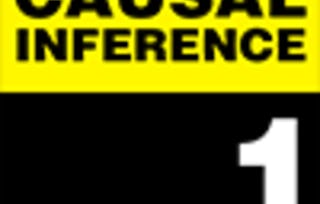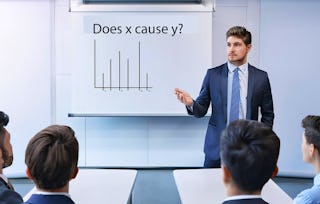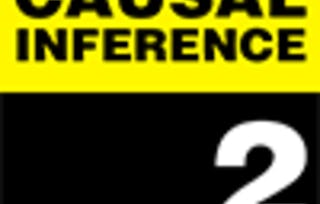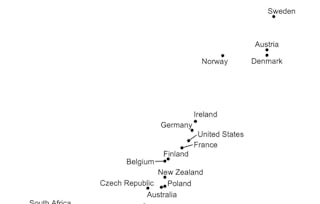We have all heard the phrase “correlation does not equal causation.” What, then, does equal causation? This course aims to answer that question and more!

A Crash Course in Causality: Inferring Causal Effects from Observational Data

A Crash Course in Causality: Inferring Causal Effects from Observational Data

Instructor: Jason A. Roy, Ph.D.
Access provided by Ecole Supérieure des Industries du Textile et de l'Habillement
46,436 already enrolled
569 reviews
Skills you'll gain
Tools you'll learn
Details to know

Add to your LinkedIn profile
16 assignments
See how employees at top companies are mastering in-demand skills

There are 5 modules in this course
Instructor

Offered by
Why people choose Coursera for their career

Felipe M.

Jennifer J.

Larry W.

Chaitanya A.
Learner reviews
- 5 stars
77.01%
- 4 stars
19.12%
- 3 stars
1.92%
- 2 stars
0.70%
- 1 star
1.22%
Showing 3 of 569
Reviewed on Apr 4, 2021
My work involves working with observational data. This course taught me to think in more formal and organized way on topics and questions of causal inference.
Reviewed on Nov 13, 2024
This is a great course to me! This course really helps me have a better understanding of what constitutes causal effects. I really appreciate him for this course!
Reviewed on Mar 11, 2021
Excellent video lectures. Challenging end of module quizzes. I found more challenging doing the practical exercises because I had no experience with R.
Explore more from Data Science

Columbia University

University of Minnesota

Columbia University


